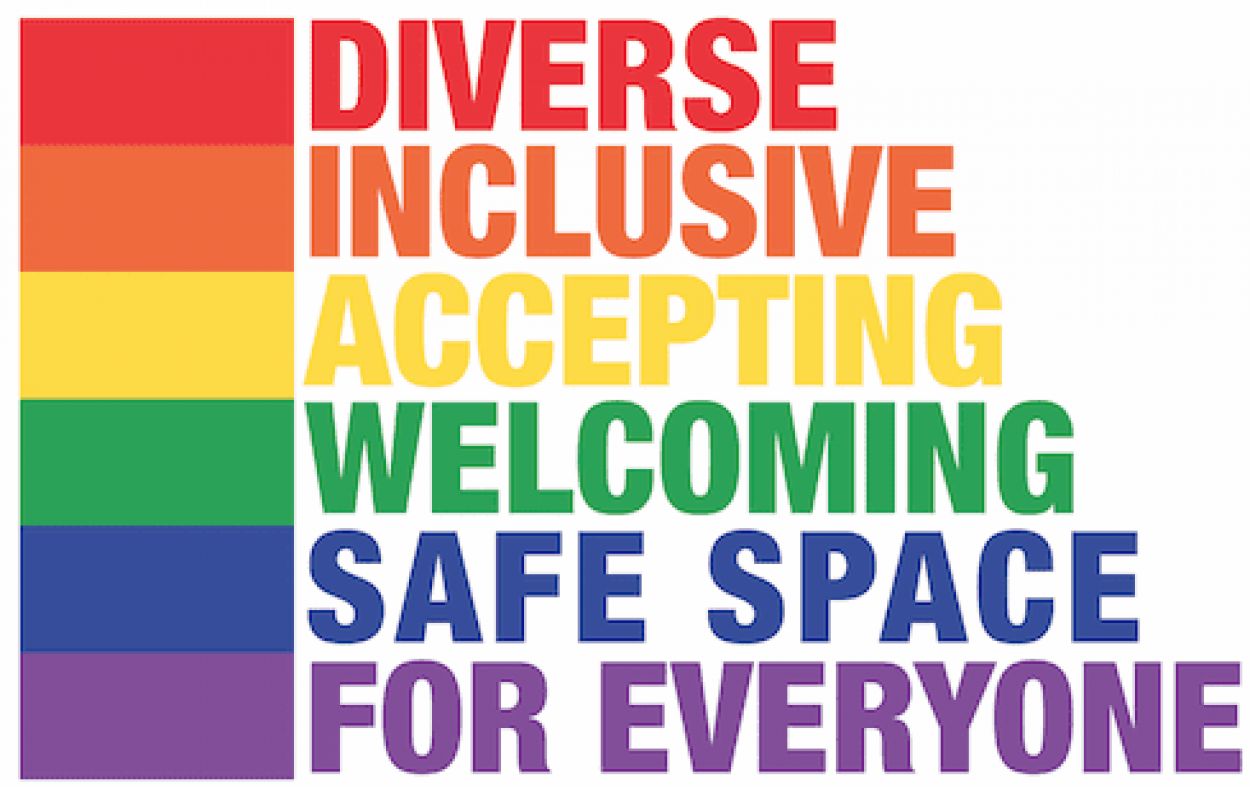In Amy Edmondson’s book, The Fearless Organization, she explains how her research led her to discover how a lack of psychological safety in the workplace can lead to serious mistakes (Edmondson, 2019). In some groups within organizations, employees are free to report mistakes and voice concerns without repercussions. Being able to freely speak about issues allows those employees to grow and learn. In psychologically unsafe workplaces, employees avoid reporting issues or asking questions because the toxic environment may prevent them from communicating real problems.
I have worked at various jobs where I reported theft to management, and those managers were in on the theft (I was let go). I have had managers who simply did not want to hear about any issues, so problems were never addressed. Psychologically, safety is not about being nice, not having consequences, or never having problems to work through. It is about not being held back by interpersonal fear (Edmondson, 2019). In safe environments, people can report concerns, and those concerns are taken seriously. People are given constructive feedback, so that they can grow, learn, and improve. There are no repercussions for telling the truth, especially when a mistake has been made.
You may be wondering why I am discussing safe workspaces if I am a life coach. Safe places to grow and learn are essential for any progress. As part of my master’s program, I studied how we can improve the work environment. I am fortunate to currently be working with a great group of people. Along with an environment that allows others to communicate freely, my supervisors have also held space for me. When I went through chemotherapy, my multiple surgeries, and my attempt at juggling my job with a master’s program, my fellow employees supported me while I went through all of it.
Holding space for someone means that you are physically, mentally, and emotionally present for someone. You focus on someone as they process and experience the pain and emotional upheaval of changes and growth in their life. During this time, you allow the other person to express their needs, and you do not judge them, or make unnecessary demands on them.
When I coach someone, I create a psychologically safe space for them AND I hold space for them. No matter what someone is going through, they need support to help them grow. I will ask questions to help facilitate understanding. I do not judge. I love to see others grow and succeed. I have learned to create my own safe space, and hold space for myself, even when others demand more from me. As my first blog post, I feel that this is most important. Just know that you hold the answers to your questions, and I am happy to guide you in empowerment.
References:
Edmondson, A. (2019). The Fearless Organization. Creating Psychological Safety in the Workplace for Learning, Innovation, and Growth. John Wiley & Sons Inc., Hoboken, New Jersey.

Comments are moderated
We encourage comments on articles and genuinely enjoy hearing from our visitors. However, please note that all comments are moderated and and will not immediately appear after you click SEND - so it is not a bug in the system that your comment isn't immediately visible.
Only after Rugged Weeds has reviewed a comment will it be published, should we choose to do so. We reserve the right to not publish comments if they may negatively affect other visitors' experience to this site or understanding of the topic at hand. Thank you.
For people commenting on gardening or therapeutic horticulture posts, please consider including your USDA zone or the temperature range into which your garden falls.
Subscribe
Report
My comments